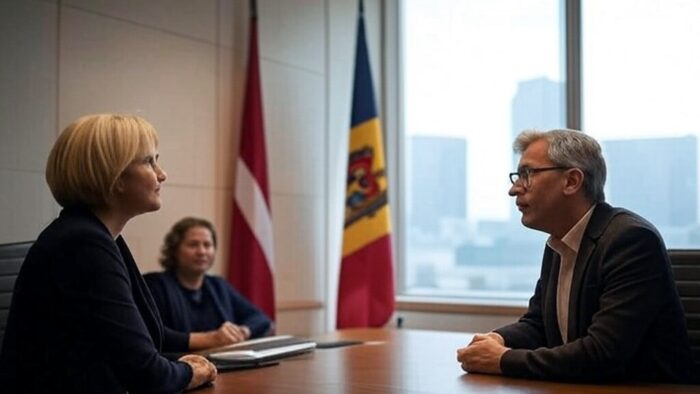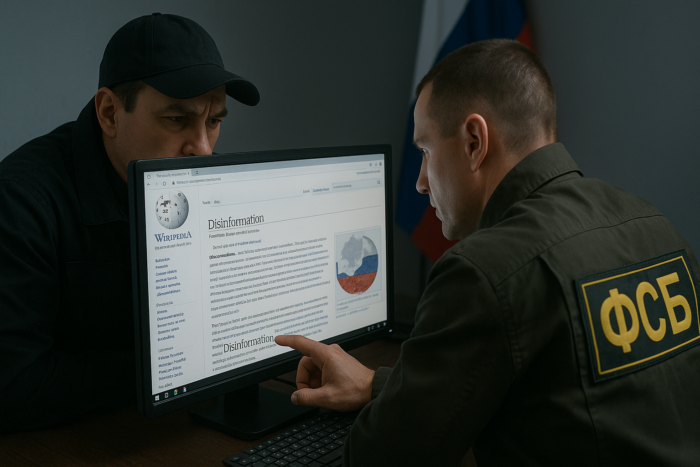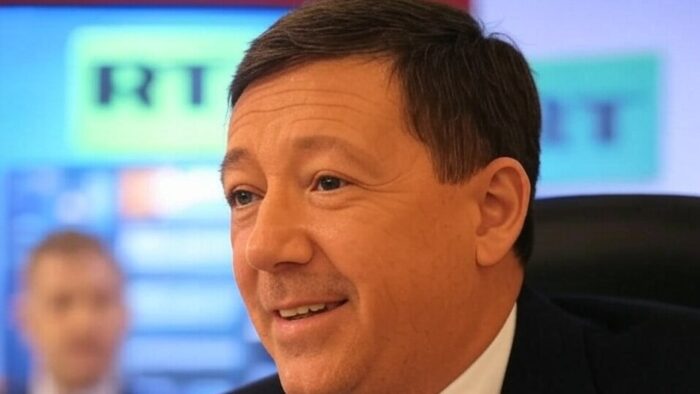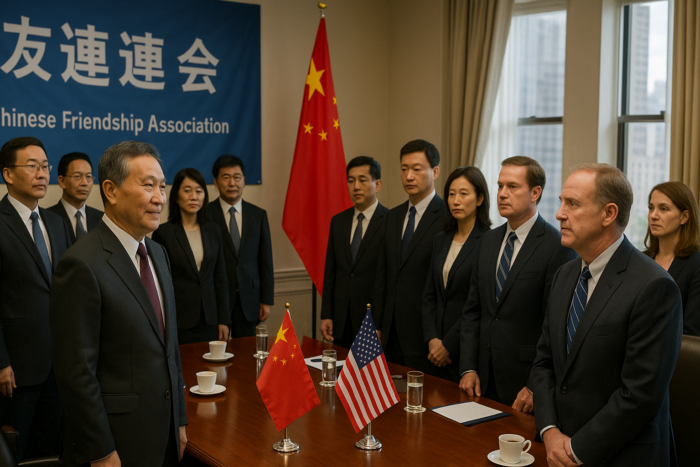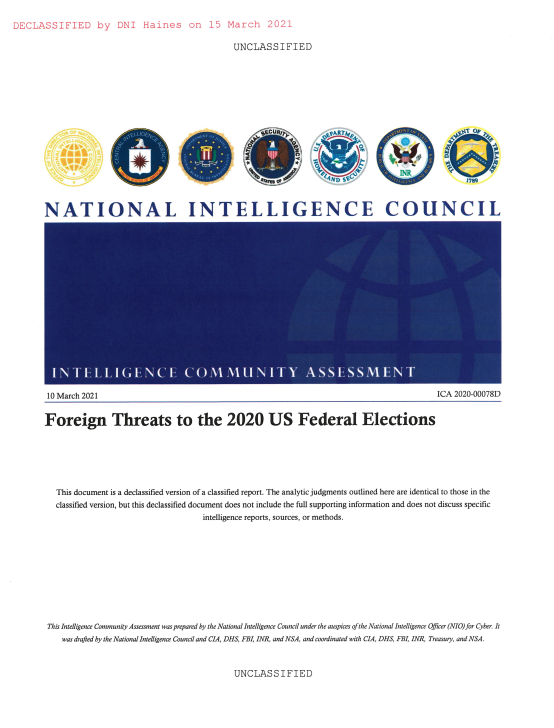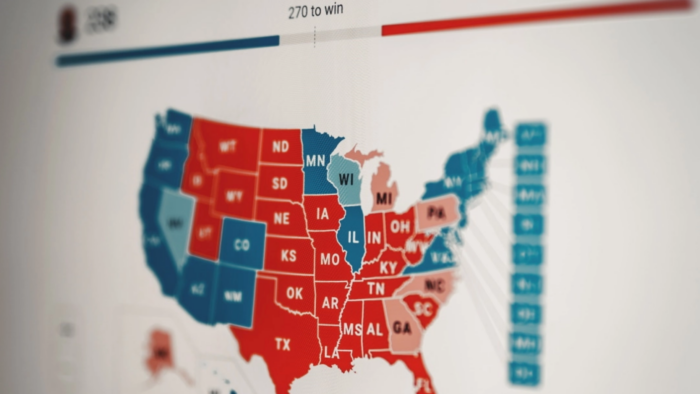In late August, the Washington Post reported a useful analysis of the difference between the Russian, Chinese, and Iranian approach to their cyber operations aimed at the US elections, concluding that Russia is likely the biggest challenge. There report begins:
August 21, 2020 When the nation’s top intelligence officials last spoke publicly together, in January of last year, they said that foreign adversaries were eyeing the 2020 elections as an opportunity to launch “online influence operations” that seek to undermine public confidence in democratic institutions and influence public opinion in the United States.Now, the storm that the officials forecast in their annual 2019 Worldwide Threat Assessment is bearing down on the final phase of the presidential campaign, according to U.S. officials and experts.At least three countries — Russia, China and Iran — have taken aim at the campaigns themselves and tried to stir the passions of voters, with a mix of covert “information laundering” and some ham-handed propaganda. Russia may pose the most direct challenge to this year’s election. Officials and experts also say it has reprised its 2016 seeding of social media with misleading content and is trying to amplify stories in the U.S. press that cast former vice president Joe Biden in a negative light, officials and experts say.An exhaustive bipartisan Senate report issued Tuesday revealed in disturbing detail the extensive web of contacts between Kremlin operatives and Trump campaign members in 2016 as Moscow attempted to sway the election in Trump’s favor, and noted that Russian President Vladimir Putin personally directed the hack-and-leak campaign aimed at damaging Democratic candidate Hillary Clinton.Russia may not have to work as hard this time to undermine voter confidence. On a near-daily basis, President Trump asserts, falsely, that mail-in voting is rife with fraud and insists that if he loses it will be the result of unprecedented corruption.In a recent broadside, Trump said he opposes election aid for states and an emergency bailout for the U.S. Postal Service because he wants to restrict how many Americans can vote by mail.
Reads the rest here.
The Global Influence Operations Report (GIOR) reported yesterday on a similar attempt by the Brookings Institute to compare the three countries.
